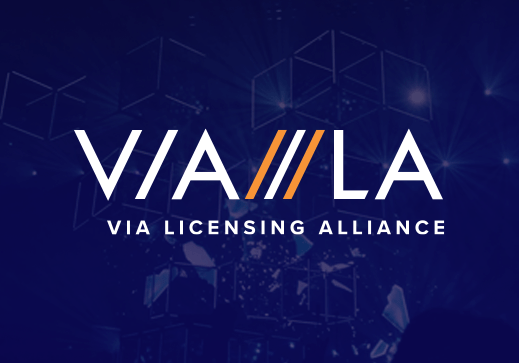Originally posted by Remco
View Post
Compare just-opened VP3 with Theora today. It's miles apart.




Comment